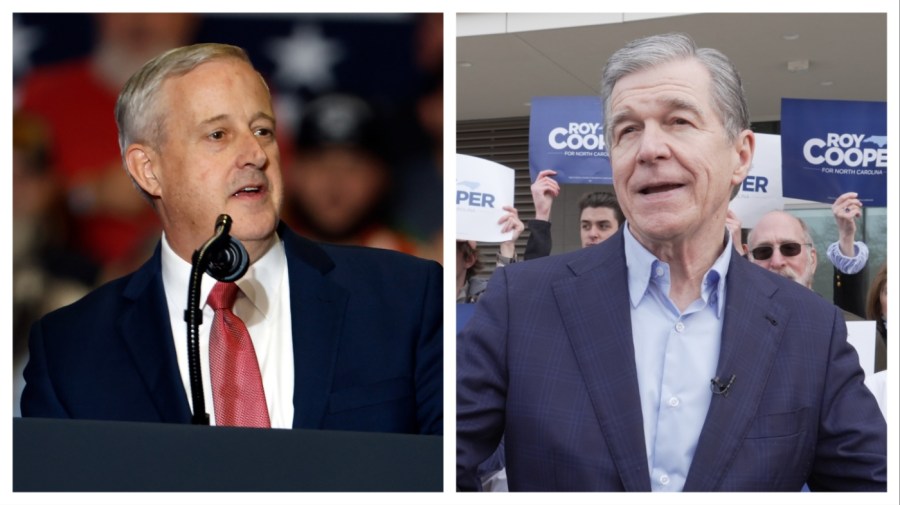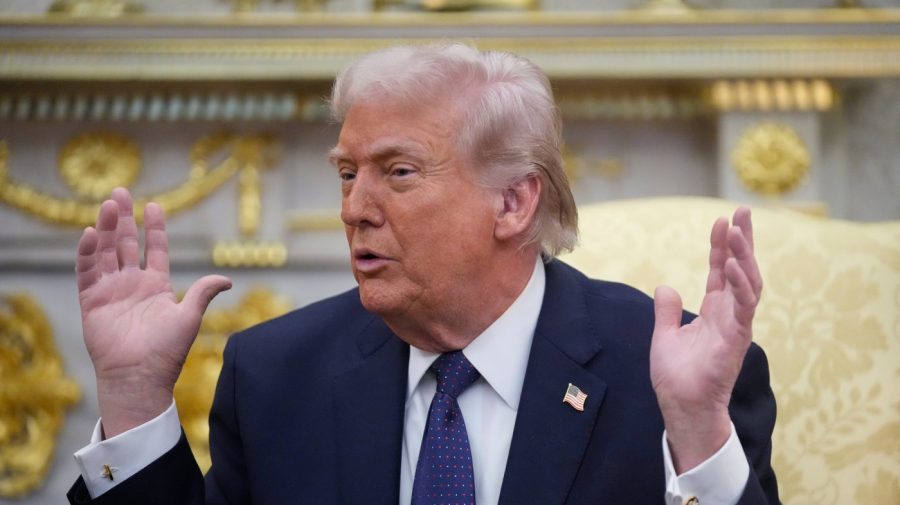
Drug manufacturers are warning that President Trump’s september memorandum Cracking down on misleading drug advertising could be a step towards censorship. I see it differently. As someone who once fell for the alcohol industry’s powerful messaging, I’m glad the President is asking whether these ads are actually serving people or subconsciously harming them.
Fifteen years ago, I believed everything I was told in commercials. One more drink means more fun, more connection, more of the life I thought I wanted. It reduced my work stress and prevented me from feeling the pain of childhood hardships. But it also created huge challenges that I faced a few years ago, as my husband and I replaced love with verbal spats in front of our two children.
I don’t blame alcohol companies for the choices I made, but as a communications professional, I know the story they sold played a role in my addiction. No one remembers every individual ad, but they are imprinted on our minds every time we see them.
The memorandum’s instructions to the Food and Drug Administration recognize this simple fact in two ways. First, it is against news outlets and platforms that often serve as megaphones for paid narratives without proper disclosures. Second, it calls for resetting enforcement normsRegulators have ignoredOver the years, especially when it comes to misleading pharmaceutical advertising.
Trump’s directive isn’t hyperbole — it’s a reminder that regulators exist to serve the public, not enrich industry.
The industry’s record is the worst in corporate America. Its deceptive practicesHelped fuel the opioid crisis. It has spent billions in lobbying efforts to avoid price transparency – in fact, 2025 is on track to be a record yearlobbying expensesAnd it spent decades raising drug prices faster than inflation.Up to $13.8 billion per yearMarketing directly to consumers.
The human cost of this deception is staggering.
I know how devastating uncontrolled addiction can be. So do all the victims of the ongoing opioid crisis. And it’s about more than addiction – like rare but Real cases of myocarditis The mRNA appeared in young men after vaccinations. Restrictions such as bans targeting children are now in place on alcohol, tobacco and vaping products; Big Pharma needs similar guardrails.
This is not a new problem. The US has a long history of regulating industries that profit from human weakness or suffering. tobacco advertising once promised health benefitsCasinos were regulated after this misleading advertising Sold the illusion of easy, risk-free entertainment. After years of lying to consumers and hurting people’s lives, both industries have cracked down on their advertising.
I learned the hard way that catchy messages can make bad decisions feel safe. The same logic applies here also. Why should Big Pharma be treated differently?
Some would argue that personal responsibility is important to hold Big Pharma accountable, as consumers make choices with our own wallets. But society is about more than money – it must be based on fundamental human principles. Otherwise, we will continue to be manipulated and invite bigger battles like the opioid crisis. If Big Pharma has to tell the truth about the risks of drugs, that’s not censorship, any more than banning the sale of cigarettes to children is censorship.
The public will likely rally behind Trump’s principled stance because it is part of rebuilding reasonable trust in health care that was eroded during the pandemic. Pharma companies and federal health officials are both to blameHighly promising vaccine resultsand failing completelyCommunicate risk reductionmaybe that’s why 2024Kaiser Family Foundation SurveyFound that 50 percent of Americans do not trust pharmaceutical companies to provide reliable vaccine information. The lack of confidence is not just about Covid; The lack of real transparency has broken down trust between the health care system and ordinary Americans who are trying to understand what we are putting into our bodies.
Ultimately, every issue is a human issue. Addiction, illness, and insecurity are part of the human condition. And no one would disagree that guardrails in the right place save lives. The key to the recovery my family is experiencing certainly begins with faith and trust in God, but it is also helped by appropriate social bonds.
That’s why the Trump memo matters. It doesn’t censor anyone. It reminds us that speaking the truth is non-negotiable in a society that values both freedom and responsibility.
Big Pharma has long told its version of the story. Now the time has come for the return of honesty.
Erica Anderson is a freelance writer and author cool freely.












